Your gut health affects your entire body. A healthy digestive system supports proper metabolism, immunity, and overall well-being. Poor gut health can cause problems with your digestion, immunity, and even your mental health.
Nov. 23-29, 2025 is GERD Awareness Week, which makes it a great time to focus on digestive health. Gastroesophageal reflux disease (GERD) is a chronic condition where stomach acid frequently flows back into the tube connecting your mouth and stomach (esophagus). Understanding how to heal your gut and maintain gastrointestinal health is essential for long-term wellness.
Signs of an Unhealthy Gut
Watch for these common symptoms that indicate microbiome issues:
- Bloating after meals
- Frequent diarrhea or constipation
- Unexplained abdominal pain
- Excessive gas
- Changes in bowel habits
Normal bowel movements occur anywhere from once every three days to three times daily. Any significant change in this pattern requires attention. If you’re experiencing persistent symptoms, reviewing the top digestive disorders and stomach problems may help you identify potential conditions.
What Harms Your Gut Bacteria
Several factors can harm your gut bacteria, reducing the variety of beneficial microbes in your microbiome, which is the community of bacteria, fungi, and other microbes living in your gut:
Poor Diet Diversity: The Western diet has lost much of its variety over the past 50 years. Currently, 75% of the world’s food supply comes from only 12 plants and five animal species.
Lack of Prebiotics: Prebiotics are plant fibers that feed the good bacteria in your gut, helping them thrive. Unlike probiotics, which add beneficial bacteria, prebiotics nourish the ones already in your system and support digestive health.
Excessive Alcohol: Chronic consumption can cause dysbiosis, an imbalance of good and bad gut bacteria. However, red wine in moderation may actually support gut bacteria better than spirits like gin.
Antibiotic Overuse: These medications disrupt gut bacteria, reducing “good” bacteria like Bifidobacteria and Lactobacilli while increasing “bad” bacteria like Clostridium, which can lead to gut issues.
Physical Inactivity: Lack of exercise alters gut bacteria. Higher fitness levels mean more beneficial butyrate-producing bacteria, which are crucial for gut health, colon cell energy, gut barrier maintenance, and anti-inflammatory effects.
Smoking: Cigarette use doubles the risk of Crohn’s disease and harms gut flora diversity. Gut flora diversity is the variety of different bacteria in your gut. A wide variety is crucial for good digestion, a strong immune system, and overall health.
Poor Sleep: Sleep disruption, shift work, and late-night eating harm gut bacteria. Just two days of sleep deprivation increases bacteria linked to weight gain and diabetes.
Chronic Stress: Stress negatively impacts your gut. It reduces beneficial bacteria like Lactobacillus (aids digestion) and increases harmful ones like Clostridium (causes inflammation), leading to gut issues and affecting overall health.
Recommendations for Digestive System Repair
Focus on these gastrointestinal treatment options through nutrition:
Eat Diverse Whole Foods: Include fruits, vegetables, and whole grains to promote bacterial diversity. A varied diet leads to better gut health.
Add Prebiotic Foods: Consume lentils, chickpeas, beans, oats, bananas, Jerusalem artichokes, asparagus, garlic, leeks, onions, and nuts.
Try Probiotics: These beneficial bacteria may provide relief for unexplained diarrhea, bloating, and gas when serious conditions like colon cancer are ruled out.
Increase Fiber Intake: High-fiber diets help both diarrhea and constipation. Focus on vitamin and fiber-rich foods while limiting processed options.
Stay Hydrated: Drink plenty of water to improve digestion processes.
Avoid Problem Foods: If gluten or specific foods like bananas upset your stomach, eliminate them from your diet.
Consider GI Medication Treatment: Over-the-counter antacids, proton pump inhibitors, or medications targeting specific symptoms can provide relief, but consult a healthcare provider for proper guidance.
When to Seek Medical Consultation
Certain symptoms require professional gastrointestinal disease treatments and GI medication treatment:
- Unexplained abdominal pain
- Unintentional weight loss
- Blood in stool
- Persistent changes in bowel habits
- Severe or worsening digestive symptoms
See a gastroenterologist if you experience these warning signs. They provide proper diagnosis and appropriate gastrointestinal treatment options for your specific condition.
Take Control of Your Digestive Health
Healing your gut is a journey that requires consistent lifestyle changes. Prioritize dietary improvements, regular exercise, quality sleep, and stress management. These form the bedrock of good gastrointestinal health.
Remember, repairing your digestive system takes time and patience as your gut microbiome rebuilds. This commitment is particularly important during times like GERD Awareness Week, reminding us to focus on digestive well-being. By giving these factors proper attention, you give your digestive health the best chance to improve naturally.



